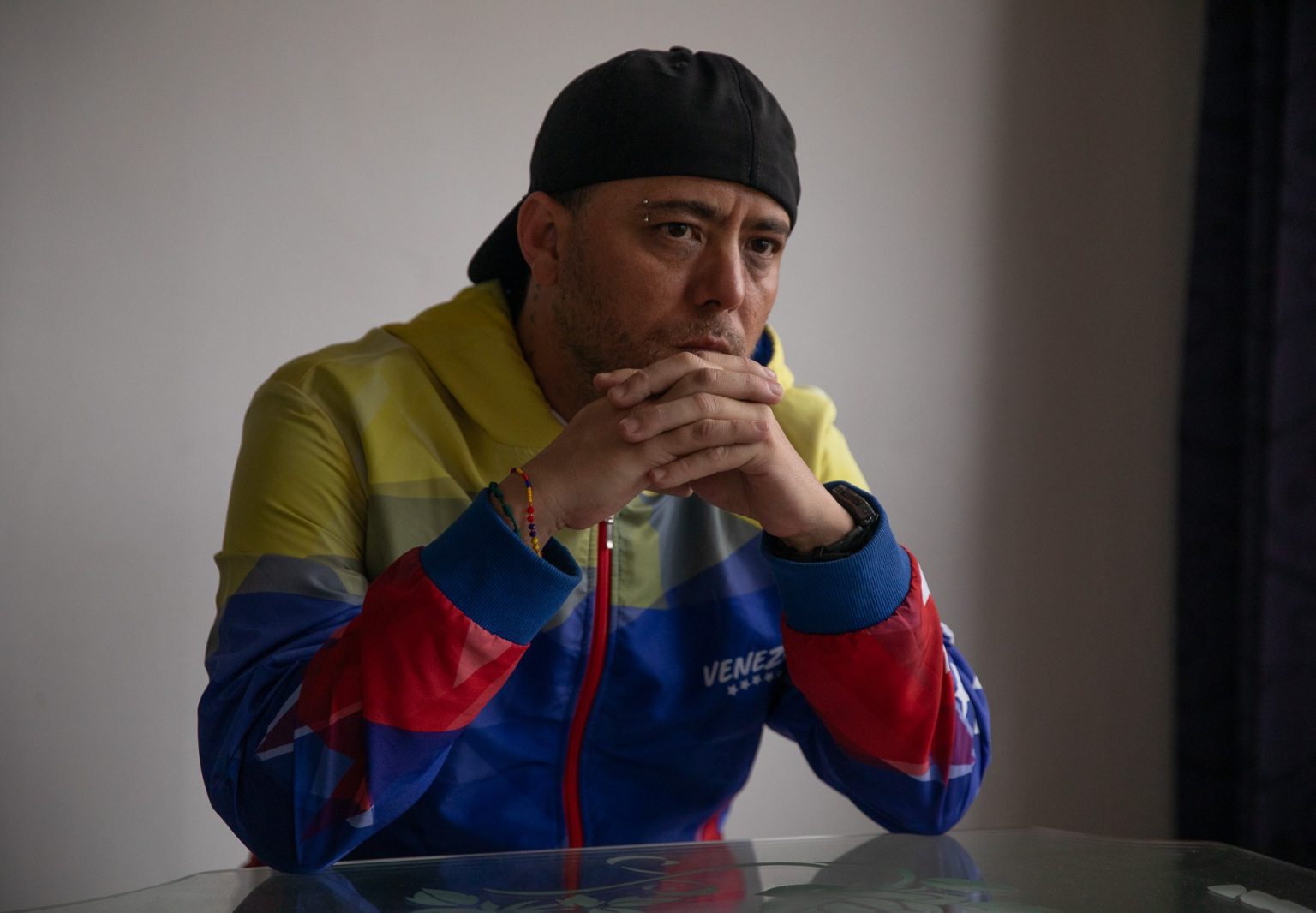Jesus Medina Ezaine, a Venezuelan photojournalist, found himself facing a dire predicament in the wake of President Nicolas Maduro’s contested re-election. Having already endured 16 months of unjust imprisonment for his journalistic work, Medina foresaw the likelihood of another incarceration. Driven by the escalating political repression and the imminent threat to his freedom, he made the difficult decision to flee his home and seek refuge in Bogota, Colombia. Medina’s experience epitomizes the climate of fear and suppression that has gripped Venezuela, particularly in the aftermath of the 2024 presidential election.
Maduro’s government has been consistently accused of stifling dissent and targeting political opponents. Human rights organizations, such as Human Rights Watch, have warned of increased repression as Maduro clings to power. Medina’s involvement in the opposition campaign of Maria Corina Machado, documenting her support for presidential candidate Edmundo Gonzalez, made him a target once again. His previous arrest in 2018, on charges he vehemently denies, served as a chilling reminder of the government’s intolerance of criticism and its willingness to silence dissenting voices. Medina maintains that his arrest was a direct consequence of his reporting on human rights abuses, highlighting the perilous landscape faced by journalists in Venezuela.
The 2024 presidential election marked a turning point, intensifying the pre-existing political repression to unprecedented levels. The contested results, with Maduro declared the winner despite the opposition’s claims of victory based on their own vote tallies, sparked widespread protests. The government responded with a brutal crackdown, arresting thousands and resorting to lethal force. Medina, warned of his impending arrest, went into hiding, navigating a precarious existence for two months before ultimately fleeing to Bogota. The escalating violence and arbitrary detentions underscore the government’s determination to quell dissent and maintain its grip on power.
The post-election crackdown resulted in the detention of thousands, including political activists, journalists, and human rights defenders. A UN fact-finding mission documented the widespread arrests and the alarming levels of violence employed by state forces. The Inter-American Commission on Human Rights also condemned the systematic repression aimed at silencing the opposition and instilling fear among the population. While the government later released a significant number of detainees ahead of Maduro’s inauguration, critics viewed this move as a cynical attempt to deflect international criticism and improve its image. Human rights organizations questioned the accuracy of the government’s figures and emphasized that the release of some prisoners did not signify an end to the repressive tactics.
Despite the pervasive atmosphere of fear, opposition figures and activists remained resolute in their calls for change. Edmundo Gonzalez, the opposition’s presidential candidate, vowed to return from exile and be sworn in alongside Maduro, while Maria Corina Machado, who had been in hiding for months, urged Venezuelans to take to the streets and demand a transition of power. These acts of defiance underscored the continued resistance to Maduro’s rule and the unwavering determination to push for democratic change. The government, in response, tightened security measures, deploying military personnel and detaining more activists and opposition figures in the days leading up to the inauguration.
The escalating tensions in Venezuela drew international condemnation. The detention of Gonzalez’s son-in-law and the brief detention of Machado prompted criticism from the US Embassy and the Colombian president, who subsequently cancelled his attendance at Maduro’s inauguration. However, Maduro’s firm control over state institutions has allowed security forces to operate with impunity, perpetuating a cycle of repression and violence. Medina, now in exile, expresses grave concerns about the future of his country, fearing that repression will escalate under Maduro’s continued rule. He remains committed to his work, determined to expose human rights abuses and fight for a free Venezuela, even from afar. His story, like those of countless other Venezuelans, reflects the ongoing struggle for democracy and human rights in a nation grappling with a deep political crisis.

